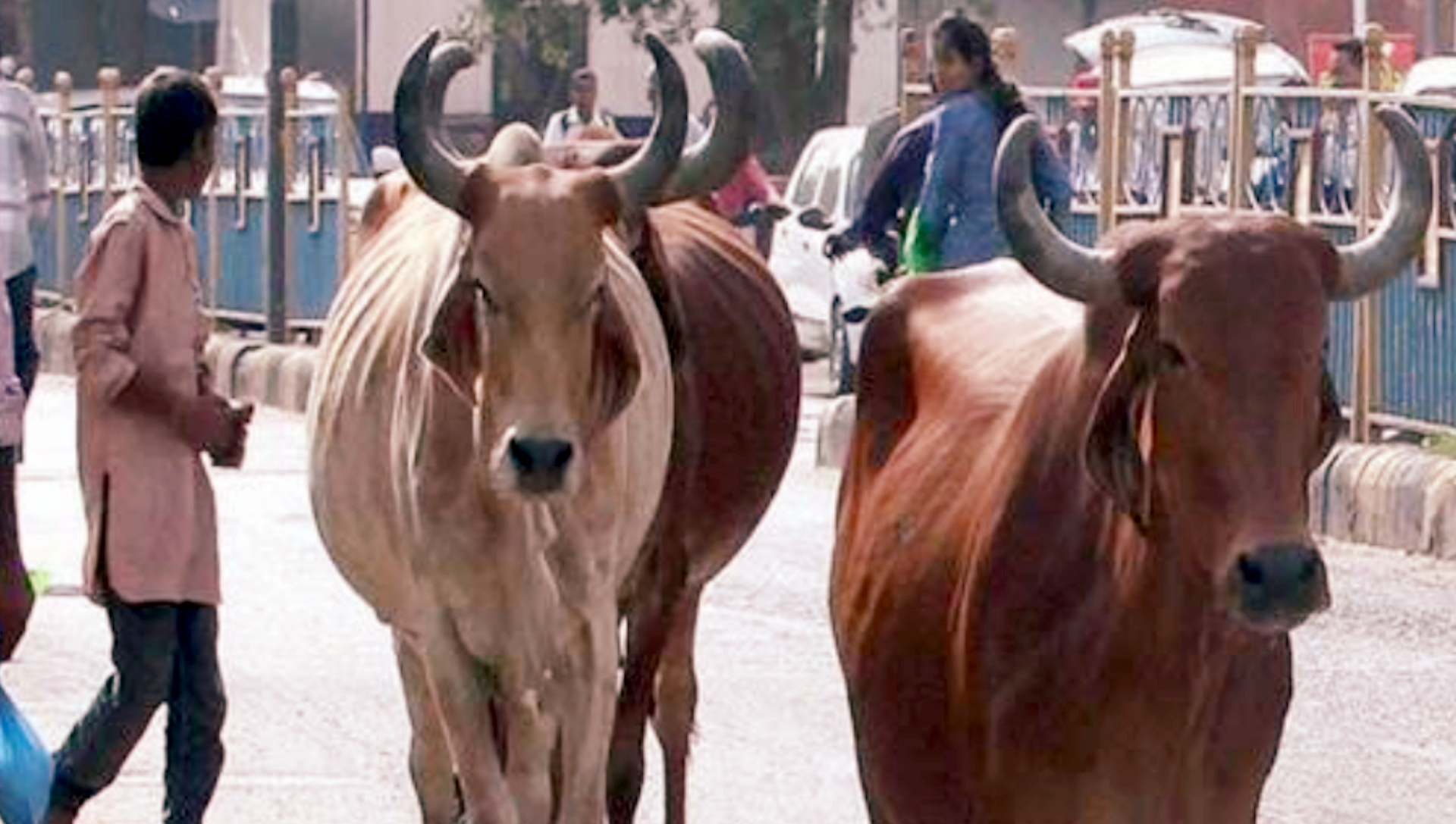DEHRADUN: Uttarakhand government will soon launch the ‘Gau Raksha Scheme’ under which unemployed youth will be employed as ‘Gau Sewaks’ to rear and protect cows and progeny across 13 districts of the state.
Saurabh Bahuguna, minister for animal husbandry told The New Indian, “The department is working on ‘Gram Gau Sewak Scheme’ in which we will pay youth to rear and protect 4-9 cows and progeny. This will enable protection of cow and progeny along with generating employment.”
The ‘Gau Sewaks’ will be paid an amount of Rs 4,000-5,000 per month to rear and protect stray cows and progeny. For one cow the payment of Rs 900 per month will be fixed, said the officials of the state animal husbandry department.
“The scheme aims at providing employment and protecting the abandoned animals simultaneously. A sum of Rs 12 lakh has been already released for all 13 districts each to help check the smuggling of cow and progeny,” told the minister.
The amount to feed the cattle has been increased from Rs 6 to Rs 30 per cattle keeping in view the increased cost of fodder in a meeting last week chaired by the minister.
Last month, the government increased the budgetary allocation for the conservation of cows and progeny six times from Rs 2.5 Crore to Rs 15 Crore in the budget for the financial year 2022-23.
In the year 2018, in a first of its kind ruling in the country, Uttarakhand high court invoked ‘Parens Patriae’ (to become a legal protector) for ‘the welfare of the cows and other stray cattle’… By invoking this, the court had declared itself a legal guardian of cow and progeny.
The court had also directed the state municipal bodies to construct “gaushalas”/ “gausadans” or shelters/homes for housing cow progeny and stray cattle within a period of one year from today. The court ordered all the district magistrates throughout the state to construct “Gaushalas/Gausadans” in a cluster of 25 villages throughout the state within a period of one year from today. The court also ordered to register cases against the persons who “leave vagrant any cow progeny and free for wandering a cow after milking her”.
At present, a total of 49 gaushalas are registered with the state government in which over 10000 cattle are being kept. However, the number of stray and abandoned cattle can be up to 58000 across 13 districts of the hill state according to the estimates of the state animal husbandry department.









